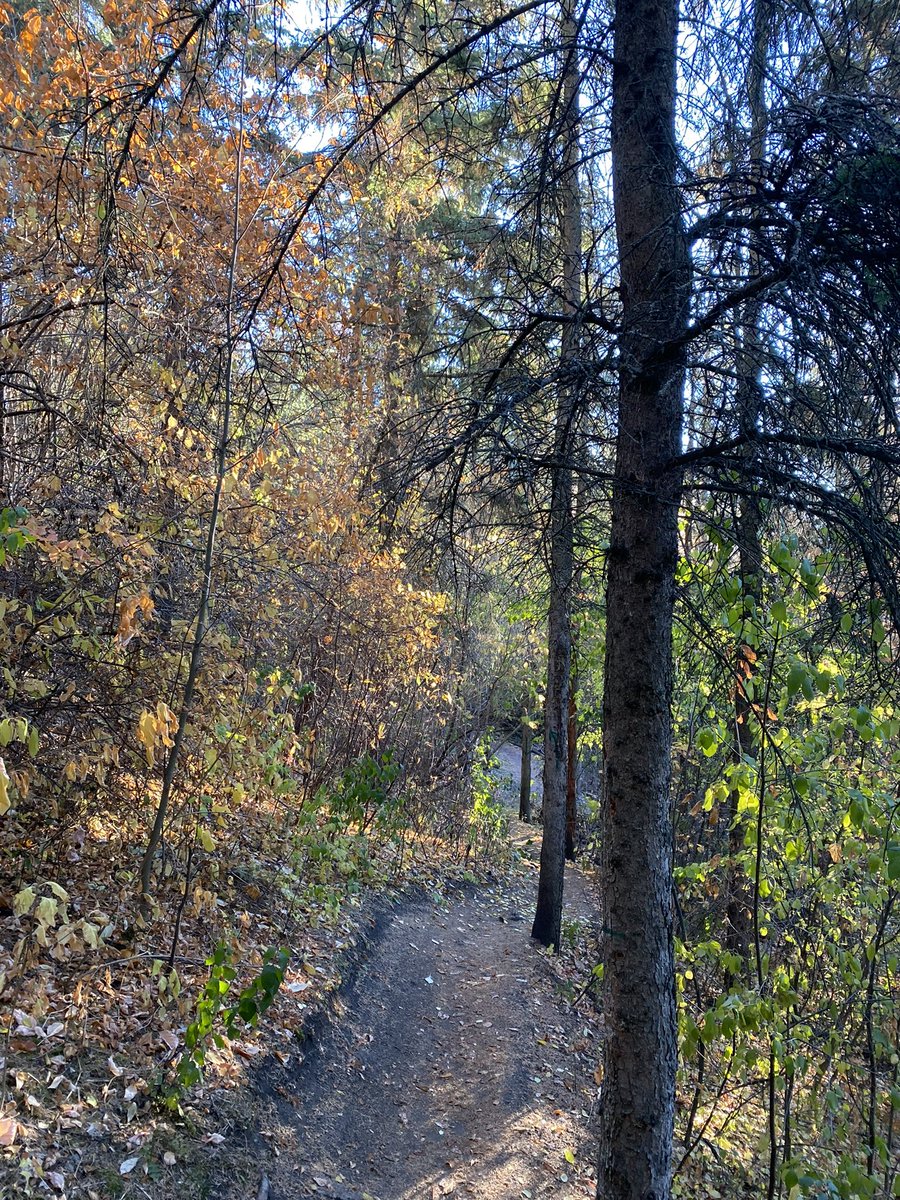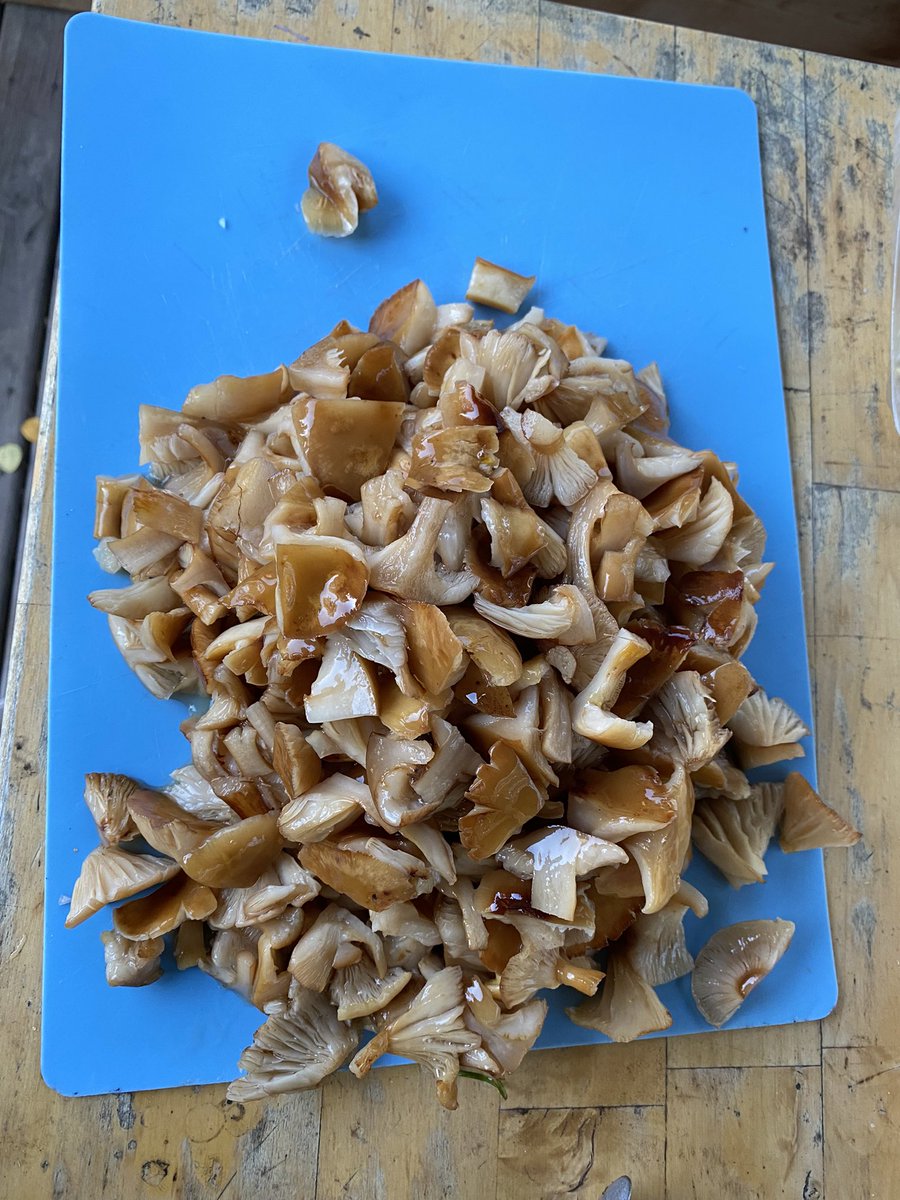
Coming home today I had a lot to think about. I say this not to seek sympathy, but it’s been a month since I last had a day off. For me and many of my colleagues it’s become a new normal. Watching young people die has become all too familiar as well. Not normal, but … 

I spend my commute home telling myself that this is horrible. These deaths are preventable. That vaccines save lives. That those who fight them are the minority. I need to reinforce these walls, because it seems that the outrage is fading. That the news is stale. We’ve adapted. 

I write these things down, as to mark the sand, for I worry that I too will adapt and begin to accept this. Be it fatigue or bombardment, eventually one must drop their head and tuck in their shoulders as if to bear the weight of loss. This wave has been especially brutal. 

Not only by the numbers but in its plateau. This wave has held us under the water until our limbs trash, our lungs burn and our vision fades. I do not relish the irony that many drowning in it chose not to swim. 

Perhaps that is why my journey home takes me in ever expanding arcs. I know that I will never accept this reality, & to bolster my resolve just takes longer, and those kilometres are essential right now. I will continue to tell their stories. I will be there to mark their graves. 

• • •
Missing some Tweet in this thread? You can try to
force a refresh





